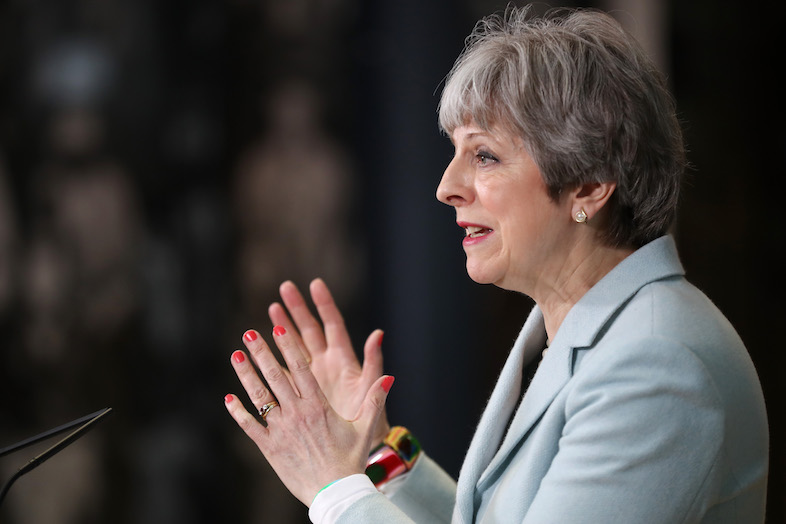Theresa May has had by far her most successful EU Council this week. The terms of the transition deal were signed off and, in a genuine diplomatic achievement, she got the EU to collectively recognise that no one other than Russia could have been responsible for the Salisbury attack. But as I say in The Sun today, that doesn’t mean the government should ease off on ‘no deal’ planning.
There is a sense in Whitehall that with the negotiations progressing well, there’s not much point in rocking the boat by preparing for a no deal scenario or spending money on things that might not ultimately be needed. One of those intimately involved in no deal planning complains that ‘there is an institutional reluctance to continue working on contingency in Whitehall’.
But if the UK can’t walk away from the table, then its negotiating hand will be hugely weakened. At Cabinet this week, I understand that Chris Grayling, the Transport Secretary, pointed out that however well the negotiations might be going the UK must continue to prepare for all eventualities.
If the EU realises that Britain is easing off in its no deal planning, then that will embolden it to take a particularly hard line in the negotiations—believing that the UK will have little choice but to accept the EU’s terms.
I understand that the worry with stepping up no deal planning is that it would involve writing to businesses to tell them what they need to do to be ready for the UK leaving without a deal. There’s a fear that this could spook them, leading to some firms deciding to send jobs to the continent just to be safe.
The paradox of no deal planning, though, is that by doing it, you make no deal less likely. That is why it must be stepped up in the coming months.







Comments